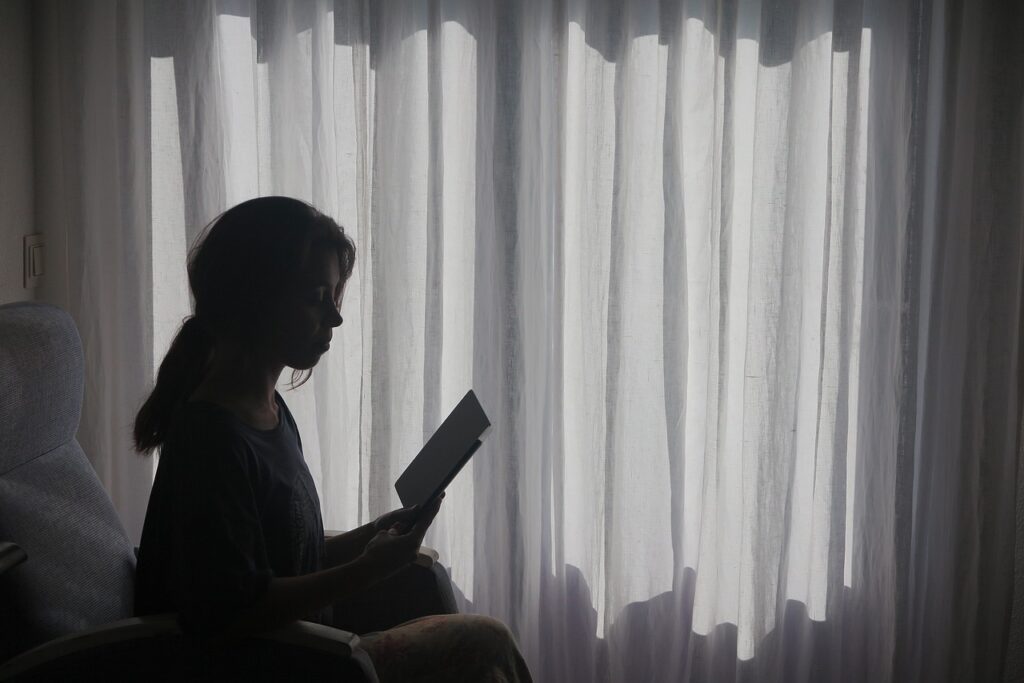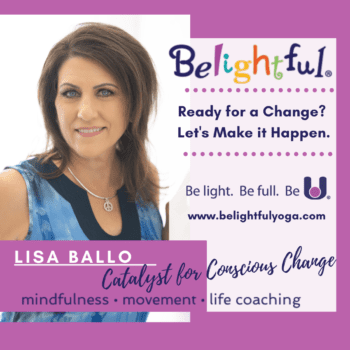If you’re frequently plagued by hours of sleeplessness during the night, fighting insomnia feels like a natural and even normal response. Because, yeah. Sleep is important.
So what else is a person to do when regular bouts of sleeplessness and insomnia threaten to ruin the following day?
Assuming you’ve had all the possible medical issues ruled out, dealing with insomnia effectively could be more a matter of shifting your perspective.
The Problem With “Fighting Insomnia”
Sleep is a time for the body and mind to rest, relax, and restore. As such, it connotes a need for peace and calm. Thus, the mindset of fighting to sleep is by itself problematic.

If you consider the old adage that states “what we resist persists,” then fighting insomnia gives it power. It may become something you begin to worry about and fear. Neither of these is an ideal state for sleeping.
As you continue to butt up against insomnia, you start counting the hours until you have to rise. You stress that you won’t have enough sleep to get through the day. Without realizing it, you are, in essence, losing sleep over losing sleep.
It’s a conundrum, to be sure.
What Kind of Insomniac Are You?
Before we attempt to help you change perspective, we want to be clear, we are addressing the inveterate insomniacs who have done all of the footwork to ensure there’s nothing physically or medically off-kilter. That’s an important disclaimer.
These are the folks who have ALSO taken all of the proactive measures including not drinking alcohol at least four hours before going to bed, optimizing their bedroom environments, avoiding caffeine for at least six hours before bed, and maintaining a regular sleep schedule. Even on the weekends.
Once lying in bed wide awake, they’ve tried techniques such as progressive muscle relaxation (PMR), visualization, controlled breathing, meditation, body scans, and the military method.
Their friends swear by melatonin or skullcap or magnesium as miracle sleep cures. When those don’t work, they turn to THC,CBD, CBG, or even the harder stuff – which leaves them groggy and/or poses addiction issues. Yet another thing to worry about.
Sound familiar?
So Then What to Do?
Having trouble sleeping is, well, troubling. You’re repeatedly told that if you don’t get enough sleep, it increases your risk of all sorts of icky diseases and conditions. And we in no way mean to diminish the effects of sleep deprivation. They are real.
But if you talk to lifelong insomniacs who’ve seemingly and unsuccessfully covered all of the bases, they often say that the best thing you can do is get up. The longer you lie in bed and fight, the more you’ll associate your bed with a place where you struggle. This is, of course, not conducive to slumber.
Get On Up
Consider a task you may need to accomplish the next day. Can you do it at this time instead? That gives you one thing to check off your to-do list for the next day. And one fewer thing on which your mind can obsess in that moment.

If that’s not the case, then maybe you catch up on some (not too exciting) reading. Or play a game that involves repetitive and monotonous tasks to slow the hamster wheel in your brain. Perhaps sink into an old sitcom you’ve watched so many times you know every line.
When you get up, you’re essentially giving your mind and body permission to move freely about the cabin. You’re giving into the insomnia rather than fighting it. You’re surrendering. And that in itself infuses a larger sense of calm.
Finally, try not to load on counterproductive worry about the blue light from screens – despite what the sleep studies say. If a game on your phone or a silly sitcom on TV helps you to sleep, take it as a victory. Get sleep where you can.
It’s all golden.
Curious About Shifting Your Perspective?
Regularly dealing with insomnia is… exhausting. And you likely won’t read this and have a brand new lease on life. Changing your perspective rather than fighting insomnia is simply a starting point.
At the end of the day, stilling the mind is an inside job. And any of the techniques for sleeping we listed above can be truly helpful. But if your mind is in a constant whirlwind and you don’t possess the tools to calm it, those exercises will only feel like another defeat. And you don’t need that.
So if you’re ready to acquire some of these tools through meditation, yoga, or life coaching, contact us today. We’d love to help you start sleeping better.



